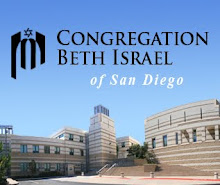Rashi's definition of kadosh (holy) as "separate" presents a fundamental feminist challenge. The challenge is evident as well throughout rabbinic Judaism wherre authorities have portrayed the mitzvot as drawing lines between "us" and "them," lines that demarcate who is in (for example, circumcision marking a Jewish boy) and who is out (for example, the halachah of not counting women in a minyan). While feminist have challenged specific mitzvot, finding a way "in" through creative rereading and even reinventing, we have not yet sufficiently challenged the very notion of mitzvot that rest upon the "spirituallity of separation." This notion is at the heart of much that Jews do--including kashrut, Shabbat, and the marriage ceremony, just to name a few. Redefining the mitzvot as connectors rather than as boundaries, as dialogue rather than answers, is a first step toward addressing the question of how we as women will be kadosh. Although we are still at the beginning of exploring what a fully developed feminist notion of being holy mihgt look like, the opening words of this parashah--k'doshim tih'yu--cary both a command for now and promise for the future: we can and we will finds ways to be holy.Amen. Shabbat Shalom.
Friday, April 23, 2010
Holiness Part 3
Contemporary rabbi Elyse Goldstein now makes her comment on Rashi's commentary in The Torah: A Women's Commentary:
Subscribe to:
Post Comments (Atom)






No comments:
Post a Comment